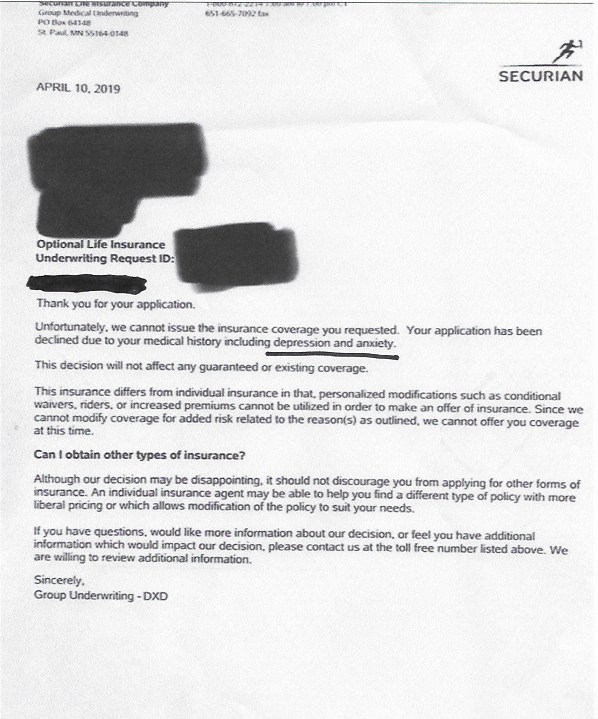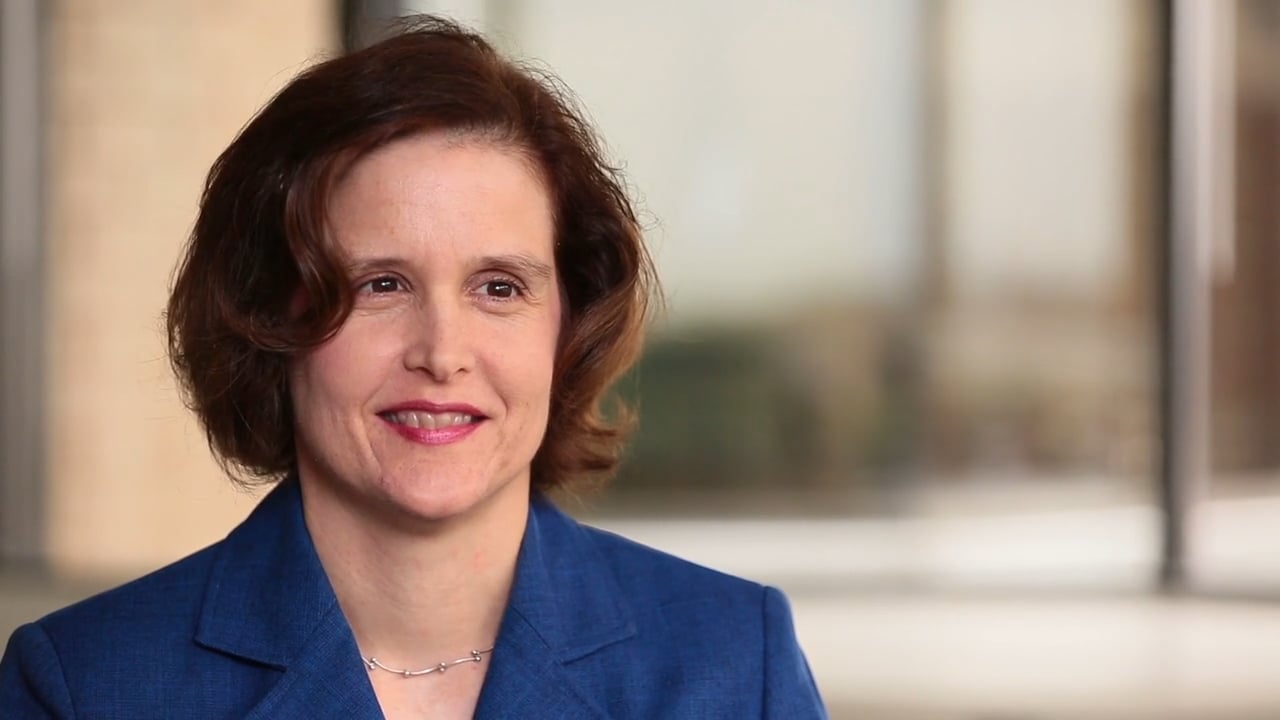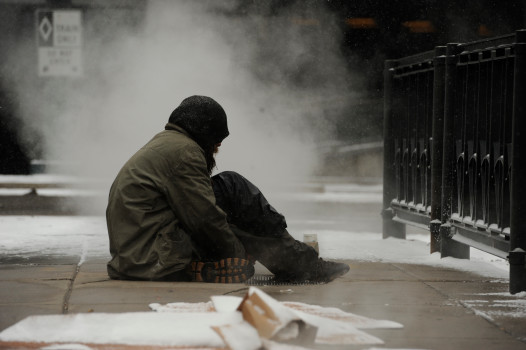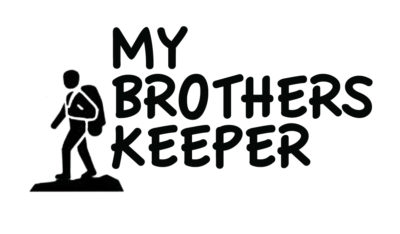
(5-3-19) FROM MY FILES FRIDAY- In March 2012, I received an email from a mother about generic drugs. Most are fine, but if you notice mood changes, investigate if what you are taking really is the same medication as prescribed.
Warning: Not All Pills Are Created Equal
“Our son was taking his medicine when, all of the sudden, he started showing signs that he was slipping and becoming ill again.
My first thought was: ‘He’s stopped taking his medication.’ That’s what his psychiatrist thought too.
But it was something else entirely.”
Phillip had been doing well on an anti-psychotic drug. Diagnosed with bipolar disorder in his early twenties, he’d experienced a half-dozen episodes until his psychiatrist found a medication and dosage that helped him achieve stability without suffering severe side-effects.
I do not endorse any medications. But this post happens to be about Zyprexa, which was developed by Eli Lilly and is based on olanzapine.
Phillip’s mother said when her son began taking it, he became “his old self.” His mood swings stabilized. His thinking cleared. He was able to get a full-time job and move into his own apartment.
“A miracle,” she wrote.
Phillip was diligent. “He didn’t want to lose everything that he had worked so hard to achieve.”
So when he began showing signs of mania and depression, his doctor and parents became concerned.
“We couldn’t figure out what was happening because we knew he was taking his pills. It was as if they had stopped working and that terrified us.”







